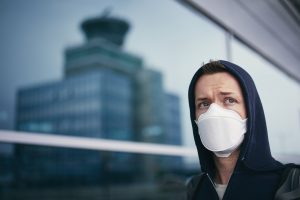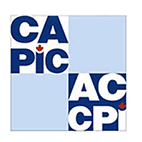As per the latest news by IRCC, Canada has denied entry to travellers who are not Canadian citizens or permanent residents amid the Covid-19 crisis. But at the same time, they have also made some exceptions to these restrictions so as to permit essential travel to Canada for International Students.
Students who have a valid study permit or were approved for a study permit on or before March 18th, 2020 will still be allowed to come to Canada. The government emphasizes on the fact that if anyone is travelling to Canada to study, they need to be aware of and follow the public health measures in place. Upon a students’ arrival, their health will be assessed when they connect with the Border Services Officer. It is mandatory for the student to self isolate themselves for 14 days, and severe penalties are in place for those who disobey these rules.

In these uncertain times, it is important for students to check with their designated learning institution if their course or study program is still operating before they travel to Canada. For those travelling, there must be a plan in place for how they will self-isolate for 14 days when they get to Canada and how they will obtain medical care in case of sickness. While in self-isolation, a person will be unable to leave where they are staying for any purpose. This is an important arrangement to be made before travelling to Canada.
The traveller will need to pass a health check before they are allowed to board their flight. Anyone who shows symptoms of COVID-19 will not be permitted to travel to Canada.
Things to do and keep in mind when a student gets to Canada:
- If they develop symptoms during your flight to Canada, they need to tell the border services officer upon their arrival. This is required under the Quarantine Act (a Canadian law). If one doesn’t report that, they could be legally charged with a crime.
- If they do not have any symptoms but believe that they were exposed to someone who was sick with COVID-19, under the Quarantine Act, they must report this to a border services officer when they get to Canada. The border services officer will give them instructions to follow.
- If they develop a fever, cough or difficulty breathing within 14 days, continue to isolate themselves from others and call the public health authority in the province or territory they are in to inform them about the symptoms and travel history The medical authorities will give advice on what they should do.

Things to do and keep in mind while a student is studying in Canada:
- They should keep monitoring their health for fever, cough or difficulty breathing. If they get sick, avoid contact with others and contact their local public health authority.
- If the self-isolation requirements are still in effect for the beginning of one’s learning program, one may have courses online. This will not affect their in-class requirements for applying for a post-graduation work permit in the future.




